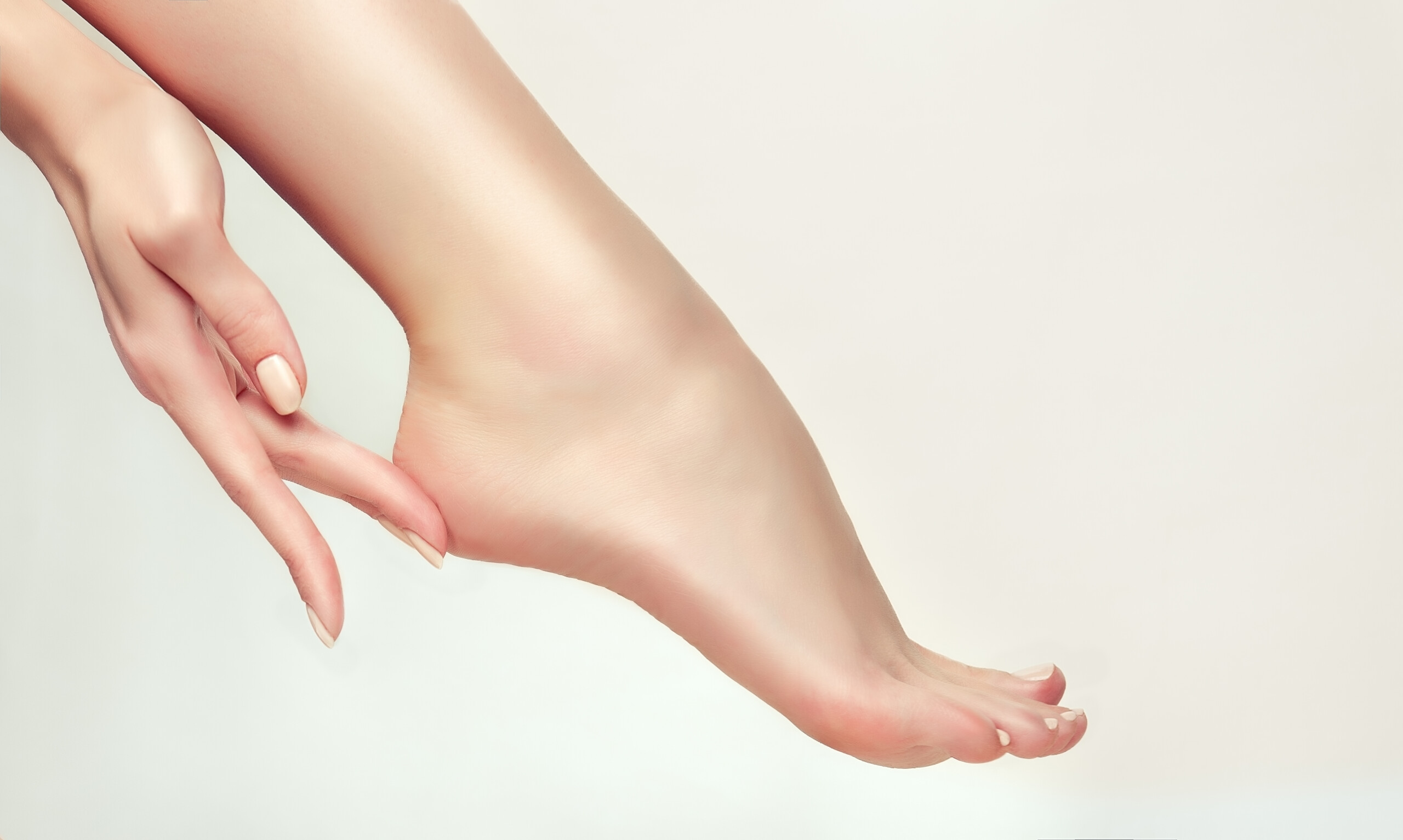Comprehending the Source of Excessive Sweating and Its Effect On Every Day Life
Too much sweating, also referred to as hyperhidrosis, is a condition that affects a substantial section of the population, yet its underlying causes and ramifications on day-to-day working continue to be somewhat enigmatic. While it is typically comprehended as a physical feedback to regulate body temperature, the triggers for excessive sweating can vary commonly among individuals, including not just physical elements yet mental and likewise emotional aspects. In addition, the influence of this condition expands beyond mere pain, usually affecting social communications and total quality of life. By delving into the root causes of hyperhidrosis and discovering its multifaceted results, a much deeper understanding of this prevalent issue can be gained, shedding light on the intricacies that people facing extreme sweating navigate on a daily basis.
Physiology of Sweat Glands
The regulation of sweat production, a crucial physiological procedure, is primarily managed by the task of sweat glands distributed throughout the human body. Sweat glands are categorized into 2 main types: eccrine and apocrine glands.
When the body temperature level climbs, either due to physical task, heats, or psychological tension, the nerves triggers the sweat glands to create sweat. This sweat is made up primarily of water and electrolytes like sodium and chloride. The process of sweat production is necessary for preserving the body's interior temperature within a slim, ideal array, highlighting the critical function gland play in human physiology.
Triggers for Excessive Sweating
In recognizing the origin of extreme sweating, it is vital to recognize the triggers that can result in this physiological feedback. Excessive sweating, also referred to as hyperhidrosis, can be prompted by various elements, both physiological and environmental. One common trigger is emotional anxiety or anxiousness, which can boost the body's gland to generate even more sweat than is needed for cooling down. Physical effort, high temperature levels, and spicy foods are additionally recognized to cause too much sweating in people susceptible to this problem. Specific medical problems like menopause, hyperthyroidism, or diabetes mellitus can contribute to extreme sweating as well.
Additionally, drugs such as some antidepressants, opioids, and specific supplements can also serve as triggers for hyperhidrosis. Understanding these triggers is crucial in handling excessive sweating successfully - Sweaty hands treatment. By recognizing and attending to the specific triggers that motivate excessive sweating in an individual, medical care suppliers can develop individualized treatment plans to alleviate this condition and boost the individual's lifestyle
Medical Issue Associated
Connected with extreme sweating are numerous medical conditions that can worsen this physical reaction. One usual problem is hyperhidrosis, a condition identified by abnormally boosted sweating that goes beyond the body's thermoregulatory needs. This can manifest in focal locations like the hands, soles, underarms, or face, affecting a person's lifestyle because of social shame and pain.
Moreover, endocrine conditions such as hyperthyroidism, diabetes, and menopausal hot flashes can additionally lead to extreme sweating. Hyperthyroidism triggers an overproduction of thyroid hormonal agents, speeding up metabolic rate and activating sweating.
Furthermore, infections like consumption, endocarditis, and hiv have been related to night sweats, a typical sign known to interfere with sleep and affect general well-being. These clinical conditions highlight the diverse variety of underlying aspects that can contribute to too much sweating, necessitating comprehensive analysis and administration by healthcare experts.
Emotional and Mental Variables

Influence on Social Interactions
Too much sweating can have profound impacts on a person's ability to engage conveniently in social communications. The noticeable indicators of sweat discolorations or wet spots on clothes can bring about embarrassment and self-consciousness, causing people to withdraw from social scenarios. This withdrawal can impact connections, limit social activities, and prevent individual and professional growth.

Furthermore, the anxiety and self-worth issues stemming from extreme sweating can influence communication and social skills. Individuals might have a hard time to concentrate on discussions, take part in team tasks, or reveal themselves with confidence. This can cause feelings of seclusion and isolation, as social links end up being testing to preserve.
Verdict

While it is typically understood as a physiological feedback to control body temperature level, the triggers for too much sweating can differ commonly among people, including not just physical elements however mental and additionally emotional components. By diving into the origin causes of hyperhidrosis and exploring its multifaceted impacts, a deeper understanding of this pervasive concern can be gained, losing light on the complexities that people grappling with extreme sweating browse on a daily basis.
Physical effort, high temperature levels, and spicy foods are likewise recognized to trigger too much sweating in individuals susceptible to this condition. By determining and resolving the specific triggers that prompt too much sweating in click to read more a private, healthcare providers can create tailored therapy strategies to ease this condition and enhance the person's high quality of life.
Excessive sweating can have profound effects on an individual's capacity to involve pleasantly in social interactions.
Comments on “Ideal Dermatology Approaches for Sweaty Hands Treatment: Tips and Techniques”